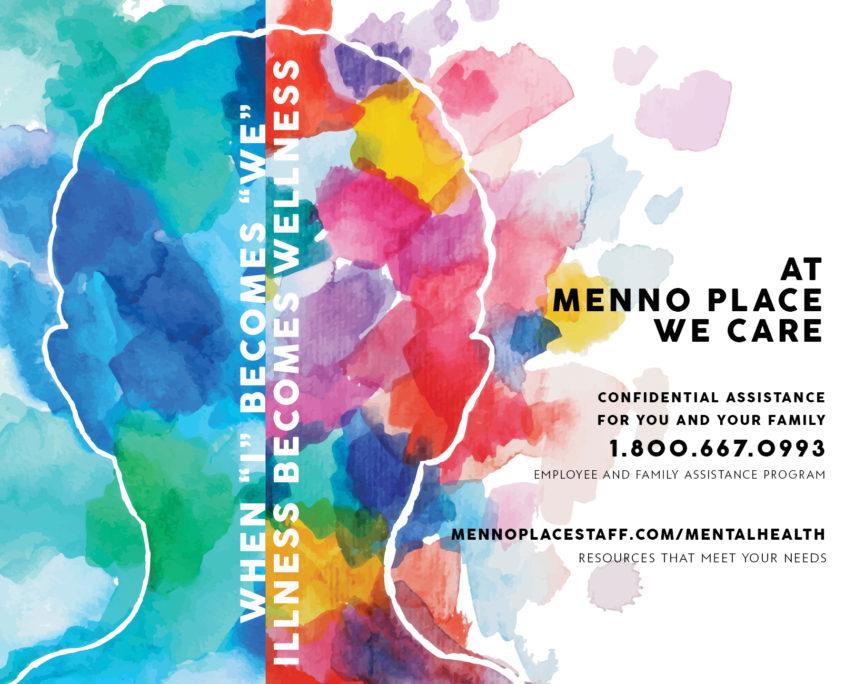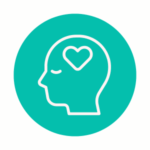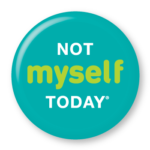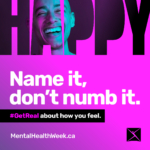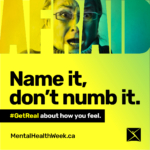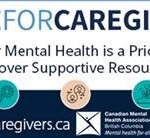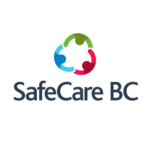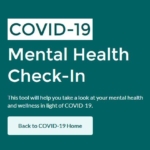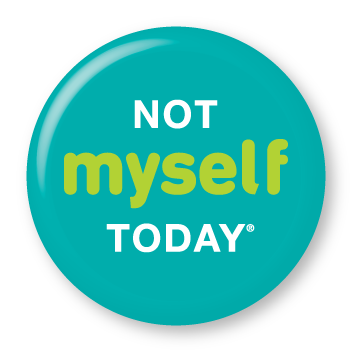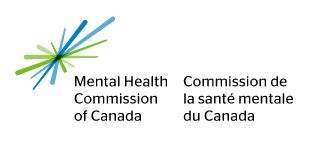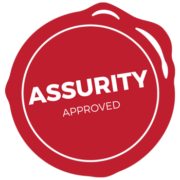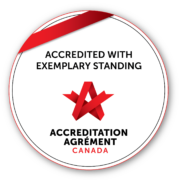Mental Health Resources
FSEAP – 24/7/365 - Employee & Family Assistance Programs through Menno Place
Caring and professional assistance for personal, family and work-related concerns.
Services are free and confidential.
Contact: 1.800.667.0993
Confidential Counselling Services
Online and Mobile Health and Wellness Resources
Work/Life Services
- Crisis Counseling
- Child and Eldercare Resources
- Financial Coaching and Credit Counselling
- Health Coaching
- Legal Referral and Consultation
- Nutrition Counselling
- Smoking Cessation Support
Learn more: FSEAP.bc.ca
Suicide Help Line: 1.800.SUICIDE
Suicide Help Line:
1.800.784.2433
Need Help Now? FSEAP Crisis Line
Contact FSEAP Crisis Line: 1.800.667.0993
FSEAP – Employee and Family Assistance Program
Confidential. Free.
Mental Health Support Line
Mental Health Support
310.6789 (no area code required)
Spiritual Care and/or Prayer with a Menno Place Chaplain
Confidential Prayer
Contact: 604.851.7392
Here to Help - Mental Health and Substance Use Information
Website: HeretoHelp.bc.ca
Partnering with Anxiety BC, BC Schizophrenia Society, Canadian Mental Health Association, University of Victoria Centre for
Addictions Research, jessies legacy, Mood Disorders Association of BC and the BC Mental Health & Substance Abuse Services
Resources Include information on:
- ADHD
- Alzheimer’s Disease + Dementia
- Anxiety Disorders
- Bipolar Disorder
- Co-existing mental health + substance use problems
- Depression
- Eating Disorders
- Feta Alcohol Spectrum Disorder
- Grief
- Psychosis
- Schizophrenia
- Self Harm
- Stress
- Self-tests
- Fact Sheets
- Tip Sheets
- Help by email
You Can Stop smoking
Smoking Cessation Program
Free smoking cessation help. One to one coaching provided.
Contact: QuitNow.ca
1.877.455.2233
Personal Development - Workplace Strategies for Mental Health
An initiative of the Great West Life Centre for Mental Health in the Workplace
www.workplacestrategiesformentalhealth.com/free-training-and-tools/personal-development
Building Resilience: Emotional intelligence enables us to monitor our impact on others, manage our own stress, and respond more effectively to others in the workplace.
Improving our emotional intelligence can help us:
- Have insight into our emotional triggers
- Identify our emotions and the sources of our feelings
- Reduce the likelihood of making poor choices
- Manage conflict more effectively
End Abuse Program - MCC
The MCC BC End Abuse Program supports families impacted by abuse in relationship in the following ways:
- Individual and group support for women experiencing abuse in their intimate relationship
- Support and accountability groups for men who want to learn healthier ways of being in relationship.
- Training for professionals and support group facilitators
- Education and awareness-raising of issues of abuse in churches
- Pastoral training on dynamics of abuse in the home and the church
- Liaison with community groups.
For more information, contact Elsie Goerzen at 1-604-850-6639, toll-free at 1-888-622-6337, or by email at elsiegoerzen@mccbc.ca
Abuse Response and Prevention: http://abuseresponseandprevention.ca/
When Love Hurts Support for Women
Resources online: https://www.whenlovehurts.ca/
When Love Hurts
a support group for women who have experienced abuse in intimate relationships
Love is meant to be supportive.
But what happens when you are hurt by the one you love?
This support group will help you understand your relationship in valuable new ways.
Drawing on your own wisdom and the wisdom of many women who share your experience,
When Love Hurtswill help you find the answers you’ve been looking for in a safe, confidential environment.
When Love Hurts explores many difficult questions such as:
- What’s wrong with my relationship?
- Why does my partner hurt me?
- Is there something wrong with me?
- Why do I stay in the relationship?
- What about my children?
When Love Hurts will help you discover courage and wisdom within yourself and give you hope for a brighter future.
Here’s what women have said after attending the group:
“This group helped me to understand that I wasn’t crazy, just abused.”
“In this group, you realize that you are not alone. A warm and safe environment
helps you to open up and share your journey of hurts.”
“The group helps us to understand abuse, pampers us,
and gives us confidence to be the women we’re meant to be.”
“Being in this group has literally saved my life ~ physically and spiritually.”
“I was free to go to the depth of pain and grief because it was safe,
and there was care provided.”
“I appreciated the opportunity to be part of this group and highly recommend it to
others. It was safe, comfortable and faith-full.”
When Love Hurts
For more information about groups, contact Elsie Goerzen
endabuse@mccbc.ca 604-845-0841(cell) 604-851-7725 (direct line)
abuseresponseandprevention.ca; whenlovehurts.ca
Surge Learning - Mental Health
There are courses about Mental Health on Surge Learning that will help you understand yourself as well as those around you who are living with mental health issues. All staff have access to Surge Learning.
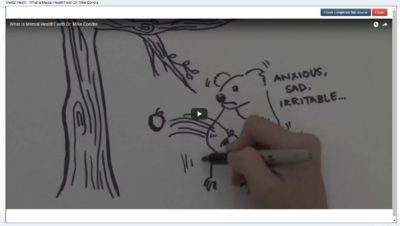
Mental Health courses are found by logging into Surge Learning.
Click on Courses Library.
Scroll down to the section on Mental Health.
Click on one of the courses – examples are:
- Mental Health – What is Mental Health? with Mike Conddra
- Living with Schizophrenia
- Mental Health Module 1: An Introduction
- Mental Health Module 2: Mental Illness and Caring Strategies
- OCD & Anxiety Disorders: Crash Course Psychology #29
SafeCare: Mental Health Resources

Mental Health Resources
Verbal vs. Non-verbal Communication
We communicate with much more than words: when we interact with someone, our body has a language of its own. The way we sit, the gestures we make, the way we talk, how much eye contact we make – all of these are non-verbal ways of communicating that impact the messages our words are sending. Learn how you can communicate effectively.
Mary Ann Baynton, a workplace mental health consultant, provides some options for helping a co-worker whose mental health may be at risk.
Check out more mental health resources.
#sharehope
 #ShareHope is an initiative by the Mental Health Commission of Canada – Click Here
#ShareHope is an initiative by the Mental Health Commission of Canada – Click Here
Showing care and spreading hope to someone who may be vulnerable to suicide is an important step in making a difference in their lives. This is why the Mental Health Commission of Canada has launched a year-round, online campaign to spread hope. The content and impact of this campaign is being built by YOU – by your words, images and messages of hope. We would like to invite you into this space to make a difference, to share your messages of hope, and to connect with others in a powerful and meaningful way.
Words are very powerful; this holds especially true when talking about suicide and the sensitive issues related to mental health. The words we use can help reduce the stigma that is associated with seeking help. Here are some helpful tips to help empower you to safely talk about suicide.
As an individual, you are not powerless. It makes a difference when you #sharehope.
This platform is moderated by Mental Health professionals so that this can remain a safe space that is judgment free, so please share openly! This is not intended to replace a live conversation; if you or someone you know is experiencing distressing thoughts of suicide, please consider contacting your local distress line: http://suicideprevention.ca/need-help/
Compassion Fatigue Webinar
SafeCare BC Presents a Webinar on Compassion Fatigue
Stress that occurs as a result of trying to help others in need is often referred to as the “cost of caring” and can cause physical and mental exhaustion and emotion withdrawal.
Watch to learn more.




